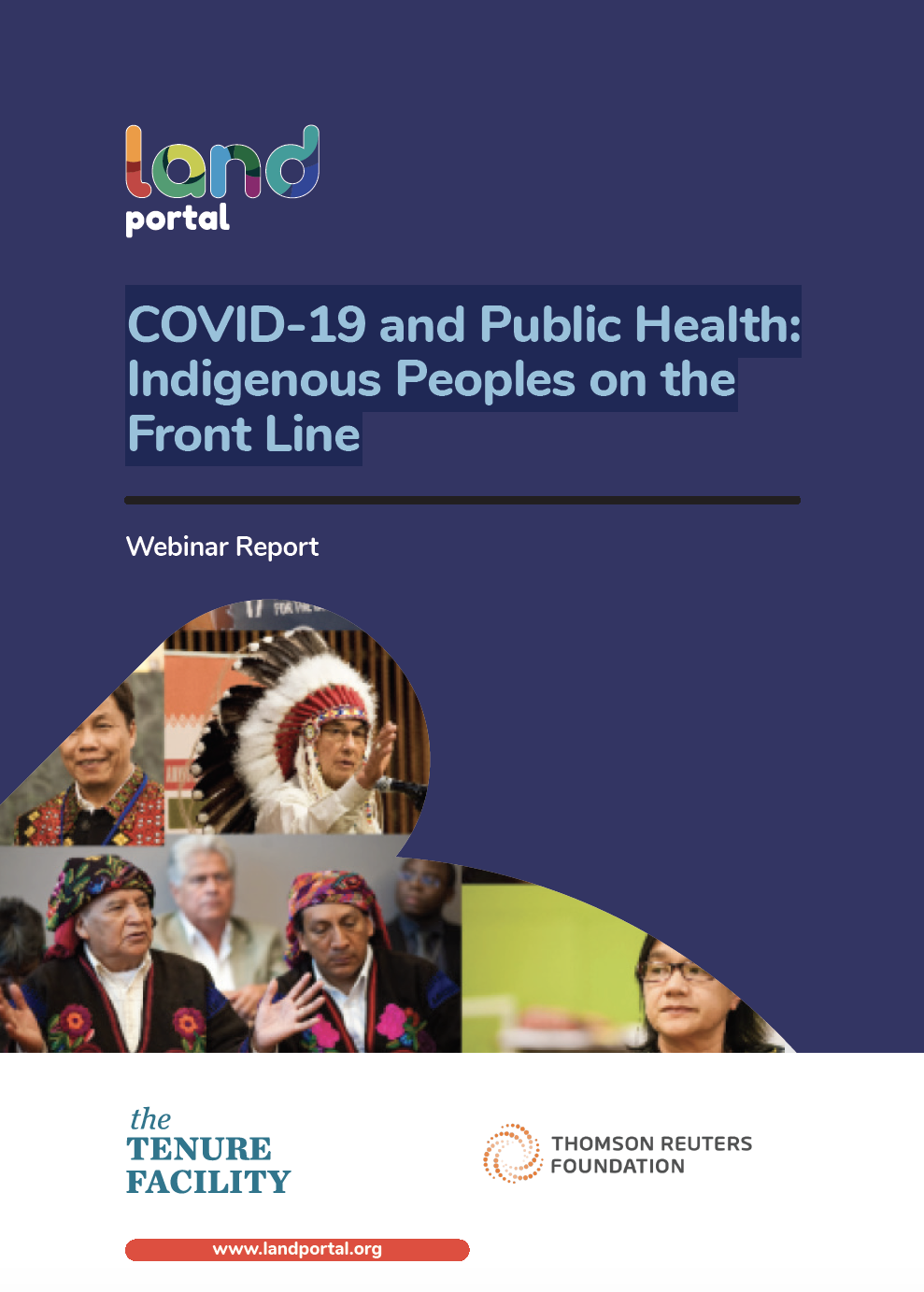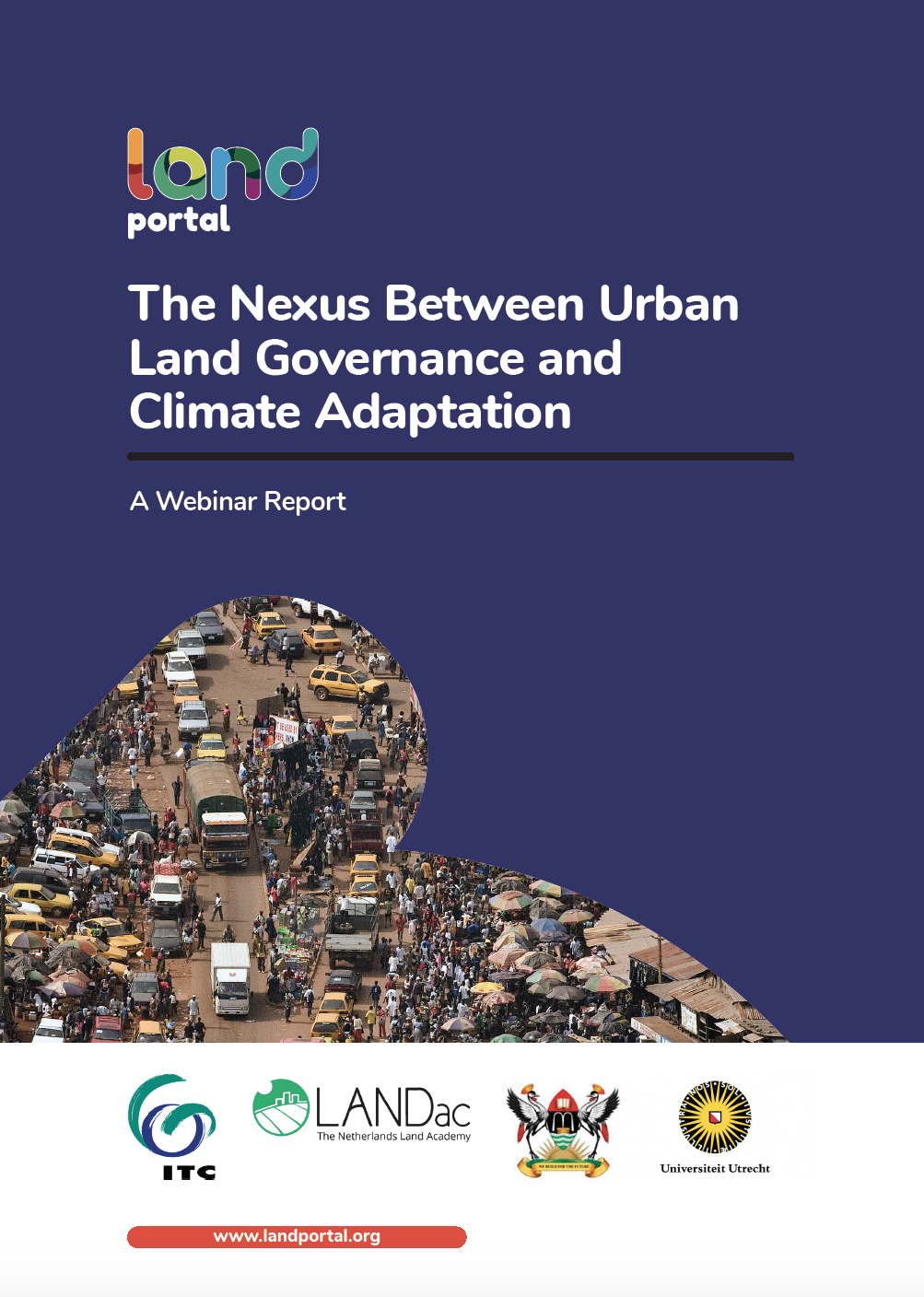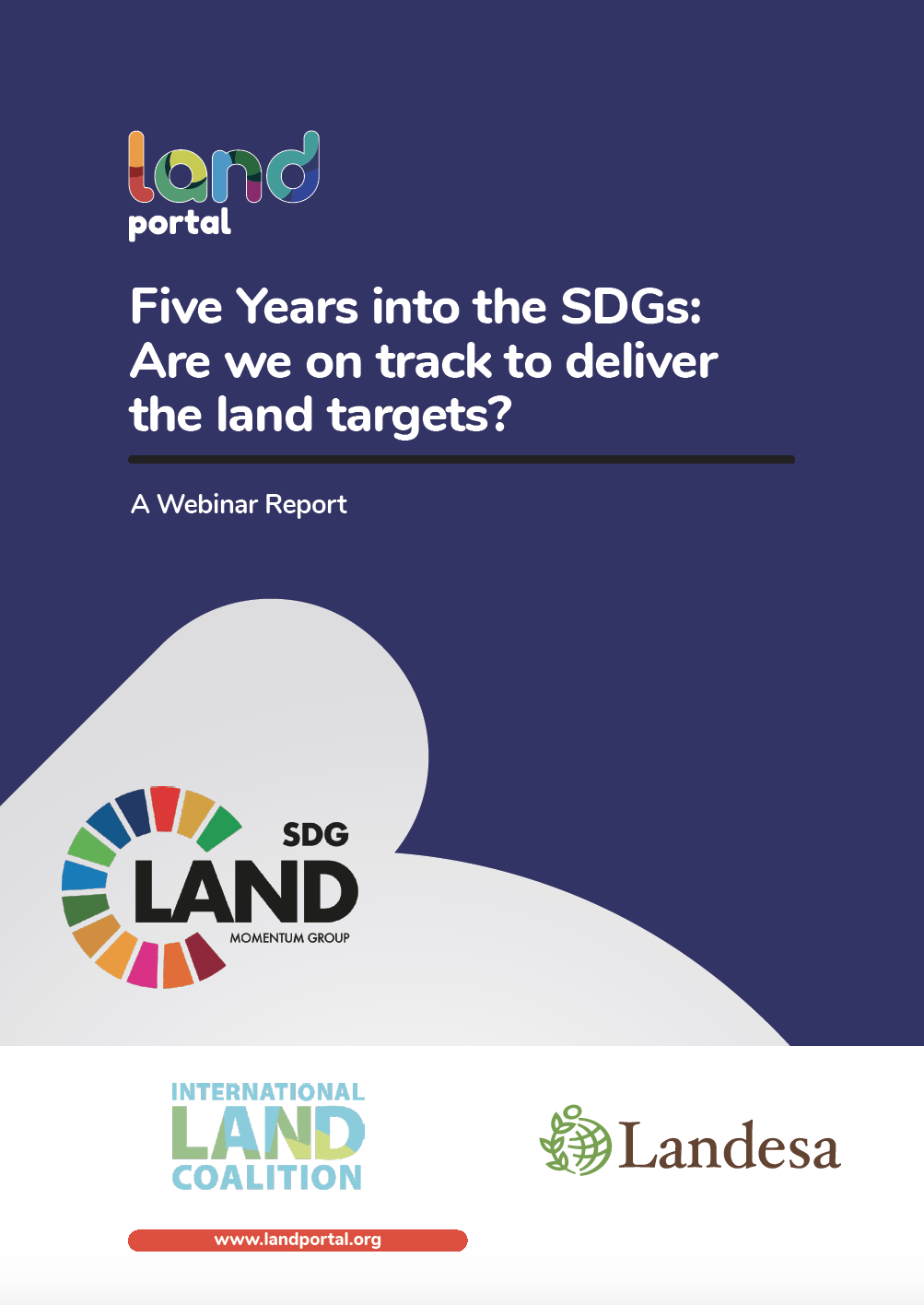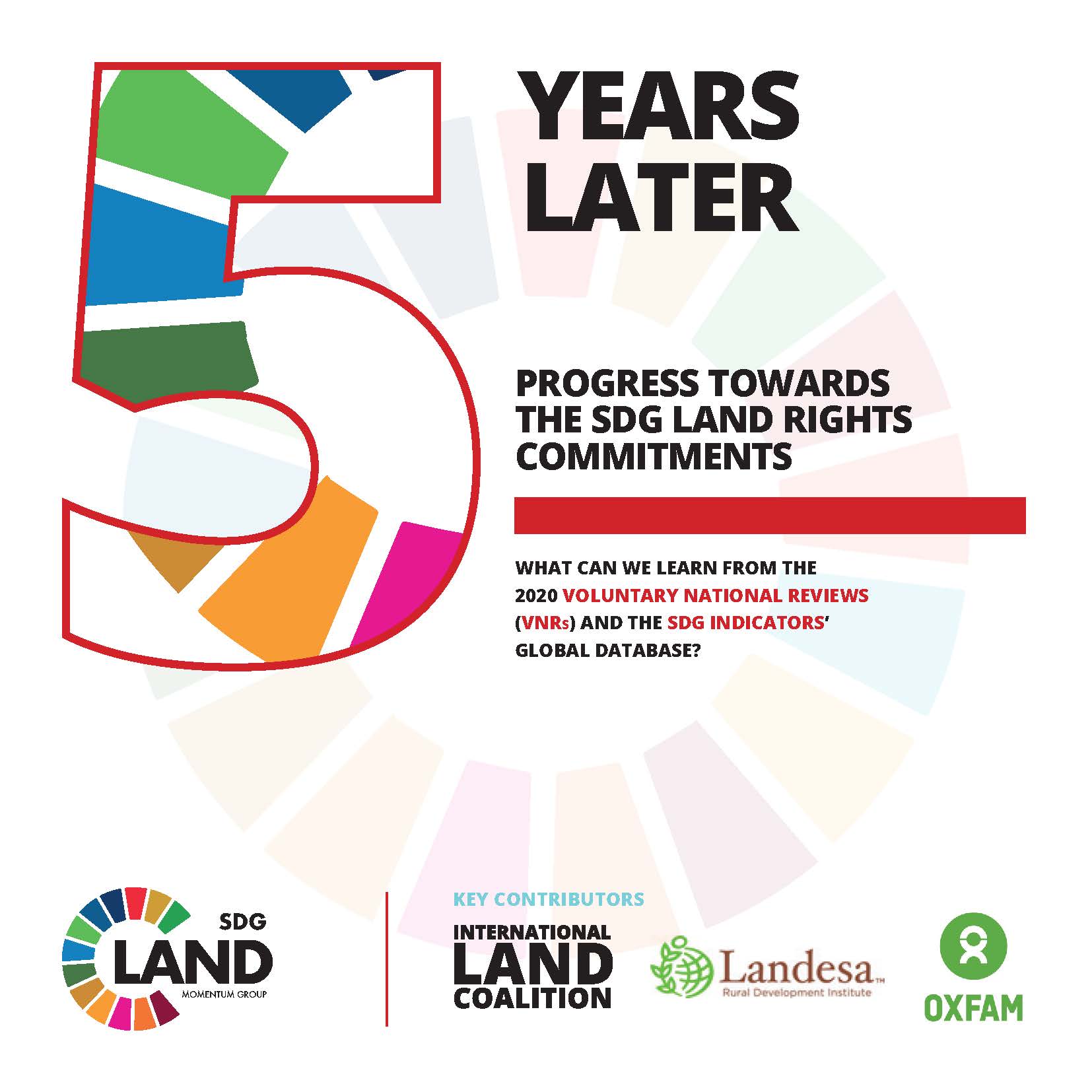Spatiotemporal Dynamics of Cultivated Land and Its Influences on Grain Production Potential in Hunan Province, China
Understanding the impact of changes in cultivated land in terms of structure, distribution, and quantity on grain production potential (GPP) is essential for a sustainable land utilization strategy and food security. Cultivated land balance (CLB), as a critical policy aiming at protecting farmland in China, has greatly restricted the loss of cultivated land. However, changes in cultivated land were largely generated due to the land-use activities led by the CLB policy.









